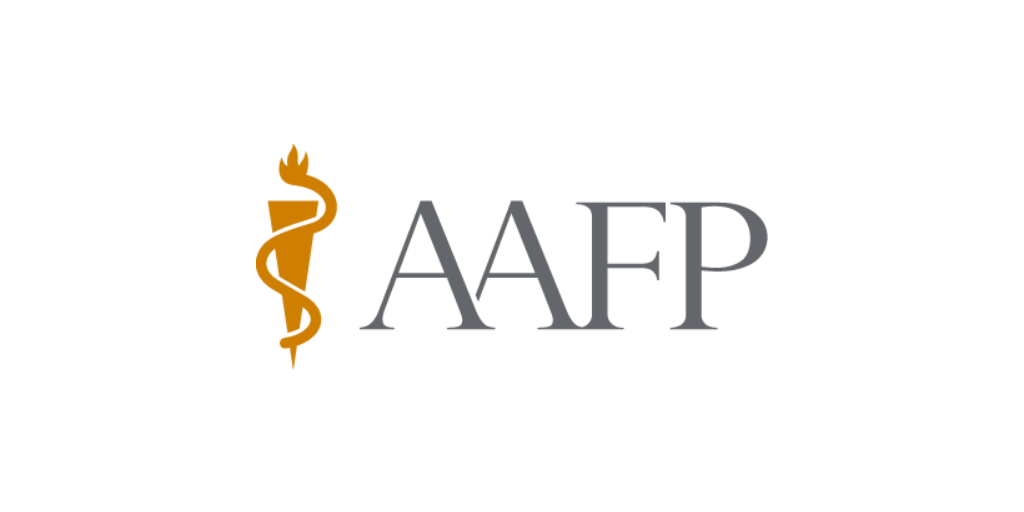Is this super hard to come by and/ or with only certain specialties?
I'm just bored and in need of a cat.
Some specialties pay a lot more than others, but they all pay extremely well, compared to what most above average people make.
Unless you are lucky enough to score a merit or need based scholarship, you are just going to have to accept this as the price of entry.
If you want to pay for school with several years of time, at below market compensation, you will have several different ways to do so. Otherwise, you will graduate with substantial debt and will be facing several years of having your market rate compensation reduced by loan payments.
The end result is not going to be that different financially, so just try to figure out what makes you the most comfortable - government, private or school loans, military HPSP, VA HPSP, NHSC, or some other scholarship with strings attached. As I said before - no free lunch, so pick your poison.
Just keep in mind that the government could easily reduce the cost of obtaining a MD or DO by funding a direct grant program, if it had any interest in doing so. These very generous scholarship programs exist for a reason, and it's not to reward you as a hard working future doctor. It's to attract people to accept jobs they wouldn't otherwise accept, at salaries they wouldn't otherwise work for. Try to remember that when weighing loans against scholarships with strings attached.
It's the very rare person who would choose to take their MD or DO and use it at the VA, or in public service, or in the military, without these significant financial incentives, which are meant to partially compensate for lost income by not choosing alternate paths. Still, these are unwise choices if you are not REALLY into the mission and the work. These are not otherwise deemed to be desirable jobs, which is why they are so hard to fill and keep filled, even though they certainly need to be done.
Most people would rather pay for their education with money, which you can always make more of, than time, which you can never get back. Hundreds of thousands of dollars of debt is very intimidating to someone who does not have a lot of money, but that will change once you finish your training. You will be making that, every year of your life as long as you continue to work once you become an attending. Good luck.





